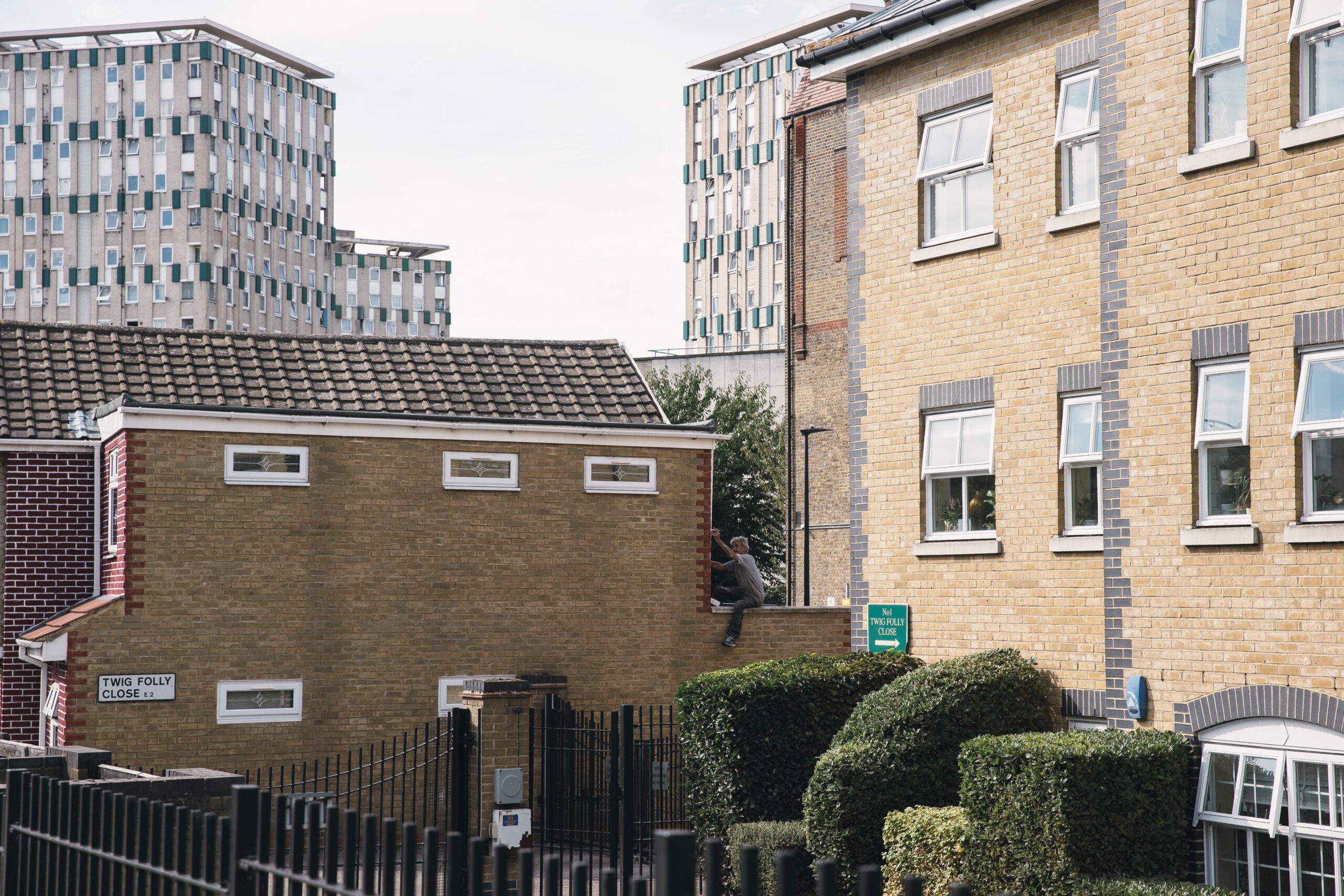Giant ‘Get Well Soon’ balloon lands at Pier Head
- Health Equals to land a giant balloon at the Labour Party Conference in Liverpool, urging Britain to ‘Get Well Soon’.
- The stunt is designed to highlight the ‘entrenched’ and rising health inequality across the UK.
- Three Liverpool constituencies have the joint third lowest life expectancy in England.
- There is a 6-year life expectancy gap across the City Region of Liverpool and a 12-year life expectancy gap between the highest and lowest constituencies in England.
Today, Health Equals, a coalition of 27 charities, think-tanks and businesses, is sending its best wishes to the nation with a 5-metre ‘Get Well Soon’ balloon – the same height as a double-decker bus – at Pier Head, Liverpool.
The balloon is designed to capture the attention of the MPs, policy makers, and policy influencers that have descended on the city for the Labour Party Conference, highlighting ‘entrenched’ health inequalities within the UK.
According to data collated and analysed by the Health Foundation, a founding member of Health Equals, three Liverpool constituencies (Liverpool Walton, Birkenhead and Liverpool Riverside) share the third lowest life expectancy in England at 77 years, five years below the England average of 82.
Within the Liverpool City Region alone, there is a six-year difference between the constituency with the highest life expectancy at birth (Sefton Central – 83 years) and the lowest three at 77 years.
Nationally, the data found a 12-year difference between the highest and lowest life expectancies in English constituencies. Only two constituencies in the Liverpool City region have a life expectancy at or above the England average of 82.
John Hume, Chief Executive, People’s Health Trust, said:
‘As a funder, we know that significant inequalities in health exist within Liverpool and across the UK. Local communities are trying to stem the damage to health caused by poor quality housing, low incomes, poor quality jobs, and a lack of opportunity to socialise. At the same time life expectancy has stalled, and for the poorest in society, is now in decline. Local people will always play their part, but the responsibility for addressing entrenched health inequalities rests with our decision makers. Now is the time for policy-makers to show real leadership and commit to ending the causes of health inequalities in a generation.’
Ian Moncur, Sefton Council’s Cabinet Member for Health and Wellbeing, said:
‘We know all too well that there are disparities in our health and wellbeing, not only across Sefton but the whole Liverpool City Region. It’s well documented that our income, employment opportunities and accommodation are all fundamental building blocks of our health. We are continuing to work hard to reduce disadvantages across the Borough, including the recent adoption of Sefton’s Socioeconomic Duty, which provides another mechanism to support the most vulnerable in our society. Above all we will now formally incorporate poverty and socioeconomic disadvantage in all equality impact assessments, equality plans, and the broader decision-making process and strategies that affect our Borough.’
Health Equals’ message to those at the Labour Conference is that our health is shaped by wider determinants – or building blocks – such as jobs, housing, education, environment and transport. Where these building blocks are missing, or crumbling, people – and the country – are unable to thrive.
Local government, voluntary sector organisations, and charities are working to address some of the issues. For example, St Helens Borough Council has established an Inequalities Commission, working with St Helens and Halton VCA to understand the challenges local people are facing, as well as possible solutions. Based on people’s concerns about rising fuel bills and food costs, including lack of access to healthy foods, the Commission worked together to increase the number of community food pantries, focus the fuel poverty working group on those vulnerable to respiratory illness (including providing 4,000 winter well packs), and give out microgrants to local groups supporting people in need.
Sally Yeoman MBE, Chief Executive, Halton & St Helens Voluntary Community Action, said:
‘Our work in St Helens, including the Inequalities Commission, is showing what is possible when we collaborate across sectors to address health inequalities. We know that, together, we can help to close the stark life expectancy gaps we are seeing across the UK. We’re moving in the right direction in St Helens, but we also need to see our politicians in central government take action and prioritise health across all departments and create opportunities for good health for all.’
Health Equals is calling for the next government to address the factors that have resulted in the current level of health inequalities, and commit to improving the building blocks of health – like good jobs, warm homes and local green spaces.
ONS (2021) Life expectancy estimates, all ages, UK
Fig. 1 – Life expectancies by constituency in the Liverpool City region
| Sefton Central – 83 | Bootle – 78 |
| Wirral West – 82 | Knowsley – 78 |
| Southport – 81 | Liverpool West Derby – 78 |
| Wirral South – 81 | St Helens South and Whiston – 78 |
| Garston and Halewood – 80 | Birkenhead – 77 |
| Liverpool Wavertree – 80 | Liverpool Riverside – 77 |
| St Helen’s North – 80 | Liverpool Walton – 77 |
| Wallasey – 80 | |
| Halton – 79 |
For further information, please contact:
Ayesha Gardiner / [email protected]
Holly Beattie, Health Equals, +44 (0) 20 7360 7501 / [email protected]
Additional information
Health Equals has access to additional spokespeople including spokespeople from local organisations tackling health inequalities. If there is interest in running this story, we are happy to provide these to you, along with the full life expectancy data set.


